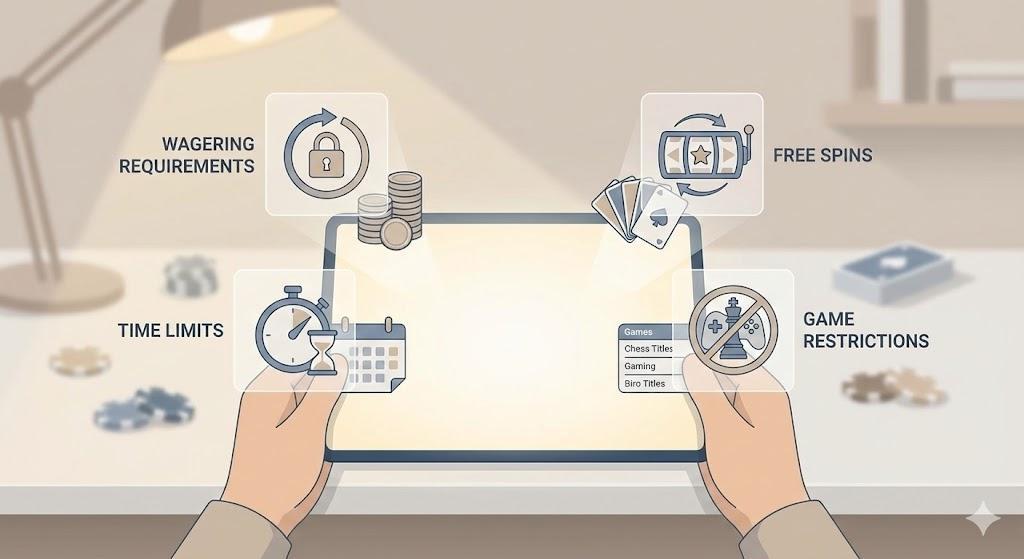In the ever-expanding universe of online gaming, concerns surrounding data privacy and digital safety have taken center stage. With millions of players engaging in real-time multiplayer environments, the risk of cyber threats and personal data exposure has grown exponentially. As attacks become more sophisticated and frequent, savvy gamers are proactively adopting strategies to protect their information, maintain anonymity, and preserve the integrity of their gaming experience.
This article explores the evolving threat landscape, the vulnerabilities unique to multiplayer platforms, and the essential practices that smart players are using to fortify their data and devices.
Table of Contents
ToggleThe Rising Threats in Online Gaming
As the popularity of online gaming surges, so too does its attractiveness to cybercriminals. Multiplayer games, particularly those with competitive elements or microtransaction features, have become lucrative targets for malicious actors seeking to exploit vulnerabilities.
Common Threats Facing Gamers
Gamers today face a range of cybersecurity threats, including:
- DDoS (Distributed Denial of Service) Attacks: These overwhelm a player’s network connection, causing lag or disconnection from games – often used to sabotage opponents in competitive environments.
- IP Address Exposure: Public exposure of a player’s IP can lead to harassment, swatting, or targeted cyberattacks.
- Account Takeovers: Stolen login credentials can result in unauthorized access to gaming accounts, which often hold valuable digital assets.
- Phishing and Social Engineering: Fake login pages, chat-based scams, and fraudulent messages can deceive gamers into revealing sensitive information.
- Data Breaches: Hacked gaming platforms may inadvertently expose personal details, payment information, or even chat logs.
Why Multiplayer Games Are Particularly Vulnerable
Multiplayer games rely on fast, continuous connections between users, often across global networks. This real-time interaction, while essential for gameplay, opens up several vulnerabilities.
Live Connections and Exploits
The need for instant communication between players and servers increases the risk of real-time data interception. Without adequate security measures, attackers can exploit these open channels to eavesdrop, manipulate data, or inject malicious traffic.
Cross-Platform Inconsistencies
Many modern games allow users from different devices and platforms – such as PC, console, and mobile – to play together. However, each platform may have different levels of built-in security, creating inconsistencies that attackers can exploit.
Strengthening Defenses with Encrypted Connections
One of the most reliable ways to protect gaming data is to use an encrypted connection, which shields data transmissions from interception. Encryption ensures that even if traffic is intercepted, the contents remain unreadable to outsiders.
VPNs in Multiplayer Gaming: A Smart Player’s Shield
In today’s fast-paced multiplayer environments, savvy gamers are turning to VPNs to protect their data and preserve in-game anonymity. VPNs encrypt traffic, mask IP addresses, and shield players from DDoS attacks, swatting, and real-time tracking.
Beyond security, a quality VPN can stabilize connections and bypass ISP throttling, giving players both privacy and performance. As cyber threats grow, using a free VPN is becoming a must-have for anyone serious about gaming safely.
The Benefits of Encryption and Anonymity
- Encryption guards sensitive data (login credentials, in-game communication, purchase details) from being intercepted during transmission.
- IP Address Masking helps players remain anonymous, preventing malicious actors from tracking or targeting them.
- Data Obfuscation ensures third parties – including ISPs or potential eavesdroppers – cannot monitor or profile a player’s activity.
Such methods are essential for preserving the integrity of the gaming session and protecting personal information in public or unsecured networks.
Minimizing Lag While Maximizing Security
One concern among gamers about encrypted connections is the potential for increased latency. However, well-optimized setups can actually stabilize ping and reduce throttling by internet service providers. The key lies in choosing services or configurations that prioritize low-latency traffic paths, ideally connecting gamers to servers close to their physical location.
Beyond Encryption: Multi-Factor Security Layers
Encryption is only one layer of defense. Gamers who take their privacy seriously understand the importance of combining several techniques to create a robust, multi-layered protection strategy.
Two-Factor Authentication (2FA)
Enabling 2FA on gaming accounts introduces a critical extra step for login verification. Even if a password is compromised, unauthorized access becomes significantly harder.
Options for 2FA:
- Authentication Apps: These generate time-based codes, offering greater security than SMS verification.
- Biometric Logins: Some platforms now allow facial recognition or fingerprint scans for added security.
- Backup Codes: These provide recovery options if a device is lost or compromised.
Password Management
Managing multiple gaming accounts requires unique and complex passwords. Smart players:
- Use a password manager to generate and store secure credentials.
- Avoid using the same password across different games and platforms.
- Regularly update passwords, especially after a breach or suspicious activity.
Profile Privacy and Social Boundaries
Gaming profiles often contain personal details – from usernames and photos to geographic location and social links. To minimize exposure:
- Limit profile visibility to friends only.
- Avoid sharing sensitive personal information publicly or through in-game chats.
- Be wary of unsolicited friend requests or messages, which can be used in phishing attempts.
Platform-Specific Data Protection Strategies
Each gaming platform presents distinct risks. Below are recommended practices for securing data across PC, console, and mobile environments.
PC Gaming: Customizable but Vulnerable
PCs offer unparalleled customization but require diligent maintenance to stay secure.
Key PC Protections:
- Firewall Configuration: Activating and customizing a firewall helps block malicious connections.
- Client Security Settings: Enable two-factor authentication and restrict access to verified devices.
- Software Updates: Regularly updating operating systems, drivers, and game clients helps patch vulnerabilities.
Console Gaming: Privacy Through Settings
Consoles offer more controlled ecosystems, but players must still be proactive.
Security Tips for Consoles:
- Review and customize privacy settings for communication, visibility, and data sharing.
- Limit voice chat and message access to trusted players.
- Monitor linked accounts, especially those connected to payment methods.
Mobile Gaming: High Convenience, Higher Risk
Mobile games often access location, contacts, and other sensitive data.
Mobile Best Practices:
- Install games only from trusted sources.
- Regularly audit app permissions and disable access to unnecessary data.
- Use encrypted connections when gaming on public Wi-Fi.
Gamers’ Checklist for Comprehensive Data Protection
- Use an encrypted connection to hide traffic and IP addresses.
- Enable 2FA on all gaming-related accounts.
- Update passwords regularly with the help of a password manager.
- Customize privacy settings on game platforms and devices.
- Stay vigilant for phishing attempts and suspicious activity.
- Audit permissions for apps and platforms you use.
- Keep systems updated with the latest security patches.
Creating a Culture of Privacy in the Gaming Community
Data protection is not only a personal responsibility but also a community-wide effort. Smart players encourage their friends, guildmates, and teammates to adopt the same habits.
By talking openly about privacy, sharing tools and tips, and reporting suspicious activity, players contribute to safer, more enjoyable environments for all. Communities that prioritize privacy reduce the success rate of cyberattacks and build trust among their members.
Conclusion: Play Smarter, Stay Safer
In today’s interconnected multiplayer environments, protecting your data isn’t optional – it’s essential. Smart players are no longer just mastering the mechanics of gameplay; they’re also mastering digital hygiene. By using encrypted connections, enabling strong authentication, practicing data minimalism, and securing devices, players can safeguard their digital identities while still enjoying the thrill of online competition.
The future of online gaming belongs to those who are not only skilled in play, but also wise in protection. With a little foresight and the right habits, gamers can immerse themselves fully in their favorite worlds – knowing their data, privacy, and personal security remain intact.






